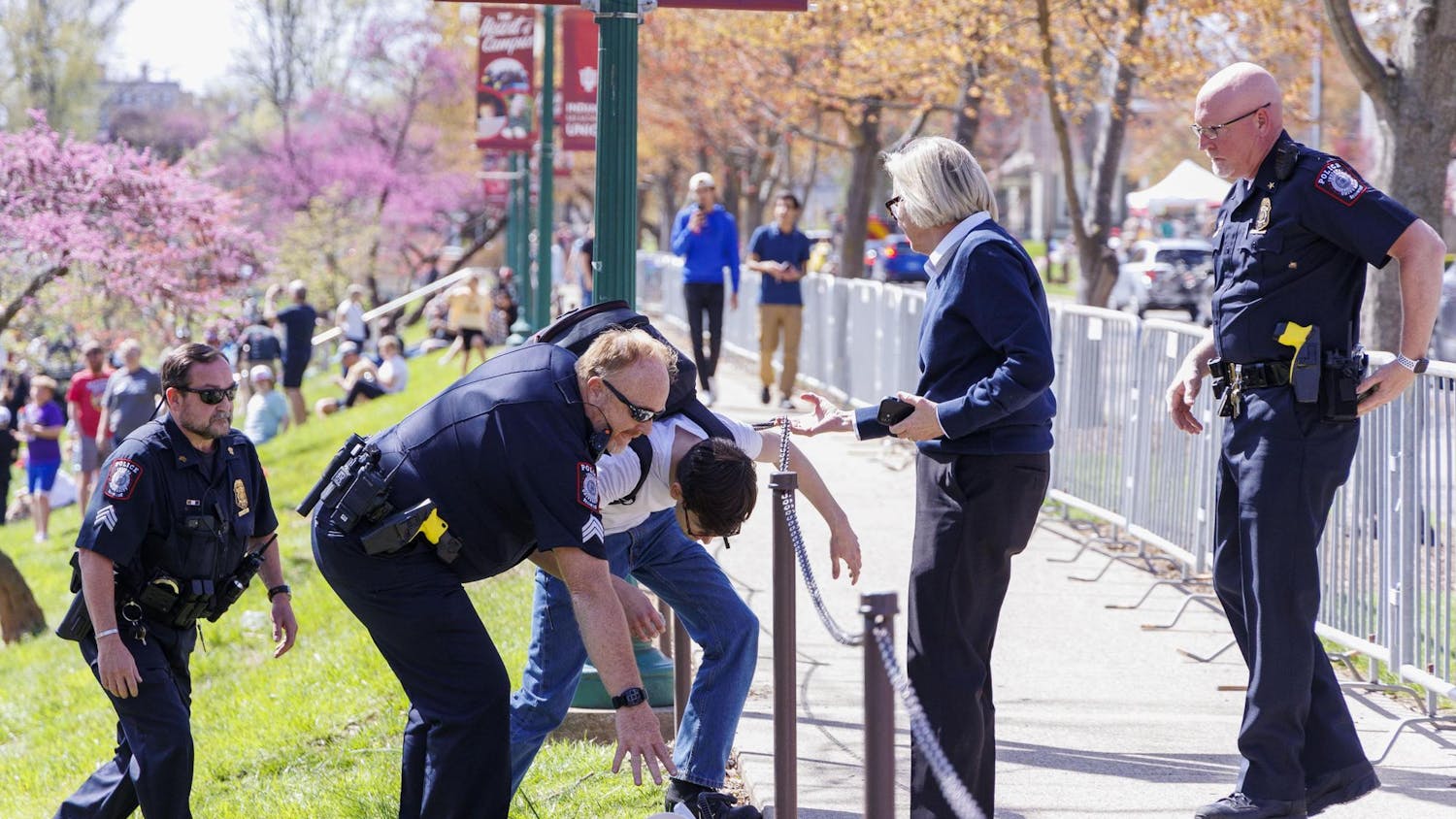INDIANAPOLIS -- An attorney told the Indiana Supreme Court on Tuesday that abortion clinics should be allowed to pursue a challenge of Indiana's abortion waiting-period law because privacy is a core right under the state constitution that extends to women seeking to end their pregnancies.\nBut the state argued that privacy was not a specific right enforceable by Indiana courts and said the General Assembly has broad discretion in passing laws it deems are needed to protect the safety and welfare of citizens.\nHaving heard oral arguments, the state's high court is to decide whether the clinics can present evidence that the 1995 law imposes a burden on women's privacy rights.\nThe law requires women seeking an abortion to receive in-person counseling about medical risks and alternatives and then wait at least 18 hours before having the procedure.\nA Marion County judge dismissed a lawsuit by Clinic for Women and other abortion providers, but the Court of Appeals ruled that they could continue their challenge. The appeals court said privacy was a core value under the state constitution that extended to all residents, including women seeking an abortion.\nIt did not decide whether the 1995 law infringes on that right, but strongly suggested it might.\nKen Falk, an Indiana Civil Liberties Union attorney representing the clinics, said Tuesday that the state's constitution of 1851 guarantees "certain inalienable rights" to citizens. Privacy is not listed as being among them, but Falk said the constitution implies that one's ability to manage his or her own affairs is a core value to be protected.\nHe said the state's high court had struck down several laws or rules over the years because they violated privacy rights, and the clinics should be allowed to present evidence showing that the 1995 law was a burden on women.\nThe clinics say the law effectively requires women to make two trips to an abortion provider at least 18 hours apart, and that could prevent many from obtaining abortions because of the distance they must travel. Supporters of Indiana's law say it allows women, some in a panic over an unwanted pregnancy, to make an informed decision about abortion.\nJustice Robert Rucker told Falk that the law did not require women to make two trips. He noted that information about the risks and alternatives to abortion can be provided by a referring physician, physician's assistant, midwife or advance practice nurse.\nBut Falk said the law was still a burden.\n"It's unrealistic to believe that there are local doctors who will provide this information," he said.\nThomas Fisher, an attorney for the state, said privacy rights were not spelled out in the constitution and Indiana courts should not enforce provisions that did not exist. He said abortion was illegal at the time the constitution was rewritten in 1851 and remained so long after that, so it was not protected under rights to life, liberty and the pursuit of happiness.\nFisher said the General Assembly was given broad discretion to write laws designed to protect the public's safety and well-being, and the 1995 abortion law was one of those.\n"An uninformed decision could result in harm to the fetus and the mother," he said.\nAlthough the law was enacted in 1995, it did not go into effect until 2003 because of challenges in federal courts, Falk said. Those courts ultimately upheld the law based on federal constitutional grounds.\nIt could be weeks, months or even longer before the Indiana Supreme Court rules on the case.
Abortion clinics rally against Indiana waiting-period law
Court to decide if privacy argument merits continuing case
Get stories like this in your inbox
Subscribe





